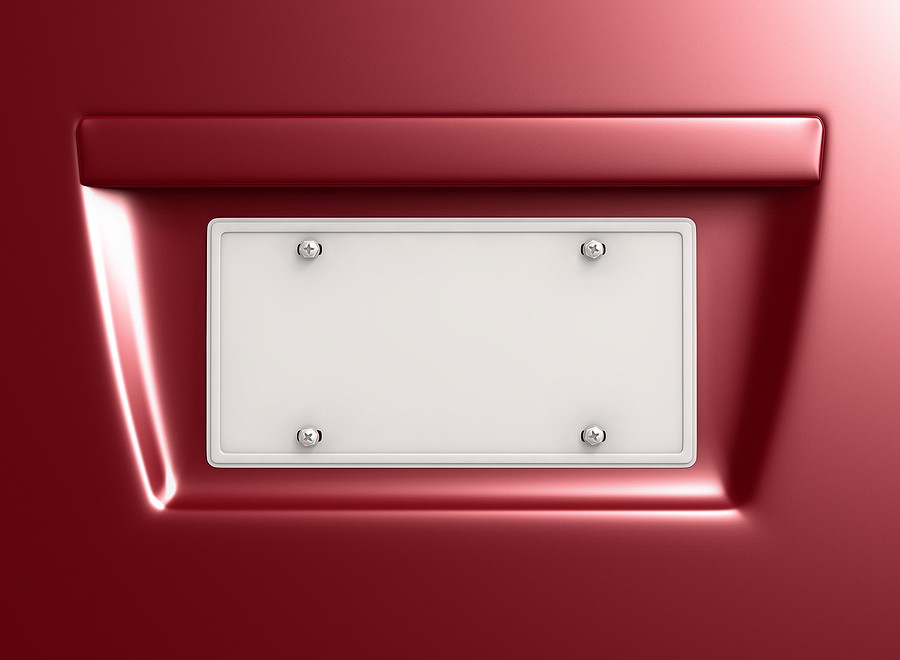As a car owner, selling your old or damaged vehicle can be a smart way to make some extra cash. However, before you sell your junk car, it's essential to be aware of the laws and regulations that govern the process. Selling a car is a legal transaction, and you must follow the applicable laws to ensure that you are not breaking any rules.
In this article, we'll take a closer look at the laws and regulations that you need to be aware of when selling a junk car.
Understanding Junk Cars
Before we dive into the regulations, let's define what we mean by a “junk car.” In general, a junk car is a vehicle that is no longer operable or is so expensive to repair that it's not worth the cost. Often, junk cars are older vehicles that have been in accidents, have high mileage, or have significant mechanical problems.
The Title of the Vehicle
The first thing you need to consider when selling a junk car is the title. In most states, you cannot sell a vehicle without a title. The title is a legal document that proves ownership of the car, and it must be transferred to the new owner when you sell the car.
If you've lost the title to your junk car, you'll need to get a new one from your state's DMV. The process for getting a new title varies by state, but you'll typically need to fill out an application and pay a fee.
Disclosure Requirements
When you sell a junk car, you must disclose any known problems with the vehicle to the buyer. This includes any mechanical issues, accidents, or damage to the car. If you fail to disclose any problems with the car, the buyer could take legal action against you.
To protect yourself, it's a good idea to create a bill of sale that includes a section for the buyer to acknowledge that they are purchasing the car “as-is” and that they are aware of any known problems with the vehicle.
Sales Tax
In most states, you will need to pay sales tax when you sell a junk car. The amount of sales tax you need to pay will vary by state, so it's essential to check with your state's DMV to find out the specific requirements.
Junk Car Removal Regulations
When you sell a junk car, you must follow the applicable regulations for the removal of the vehicle. Depending on where you live, there may be specific rules regarding the disposal of junk cars.
In some areas, you may need to have the car inspected before it can be towed away. Additionally, some states require that you surrender the license plates on the car when you sell it.

Liability Concerns
Finally, it's important to consider liability concerns when selling a junk car. If the car is involved in an accident after you sell it, you could be held liable if you did not disclose any known problems with the vehicle.
To protect yourself, make sure that you disclose any issues with the car to the buyer and include a section in the bill of sale that states that the buyer is purchasing the vehicle “as-is.”
Frequently Asked Questions
Q: Do I need a title to sell a junk car?
A: Yes, in most states, you need a title to sell a car.
Q: How do I get a new title for my junk car?
A: The process for getting a new title varies by state, but you'll typically need to fill out an application and pay a fee.
Q: Do I need to pay sales tax when I sell a junk car?
A: In most states, you will need to pay sales tax when you sell a junk car.
license plates when I sell my junk car?
A: Depending on where you live, you may be required to surrender the license plates on the car when you sell it. Check with your state's DMV to find out the specific requirements.
Q: Am I liable if the car is involved in an accident after I sell it? A: If you did not disclose any known problems with the vehicle, you could be held liable if the car is involved in an accident after you sell it. To protect yourself, make sure to disclose any issues with the car to the buyer and include a section in the bill of sale that states that the buyer is purchasing the vehicle “as-is.”

Conclusion
Selling a junk car can be a great way to make some extra cash, but it's essential to follow the applicable laws and regulations to avoid any legal issues. By understanding the rules around selling a junk car, you can ensure that the process goes smoothly and that you are protected from any liability concerns.
Remember to obtain the title for the car, disclose any known issues with the vehicle, and pay any necessary sales tax. Additionally, make sure to follow any regulations for the removal of the vehicle and protect yourself by including an “as-is” clause in the bill of sale. By following these steps, you can sell your junk car with confidence and avoid any legal headaches down the road.



